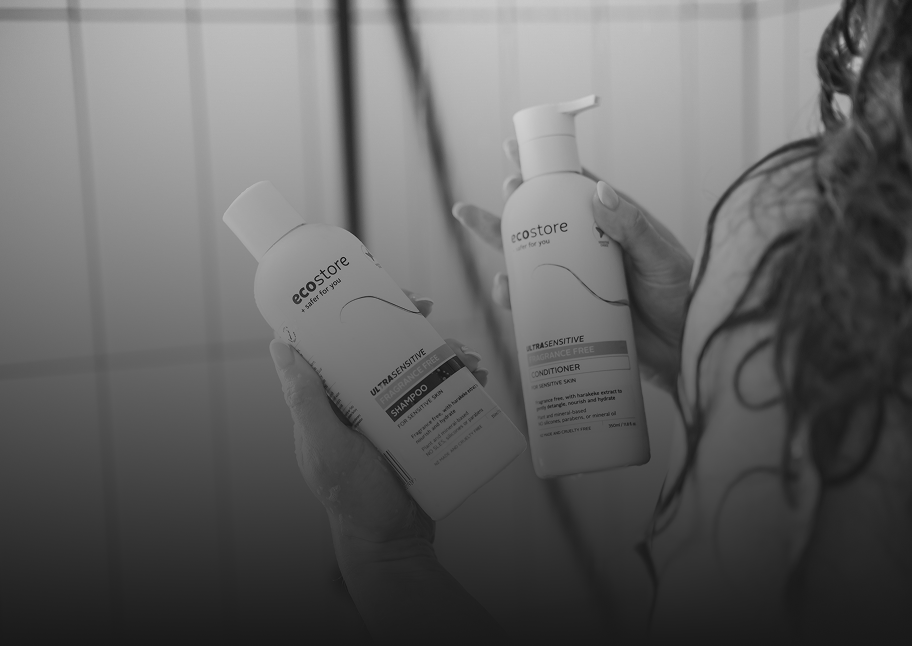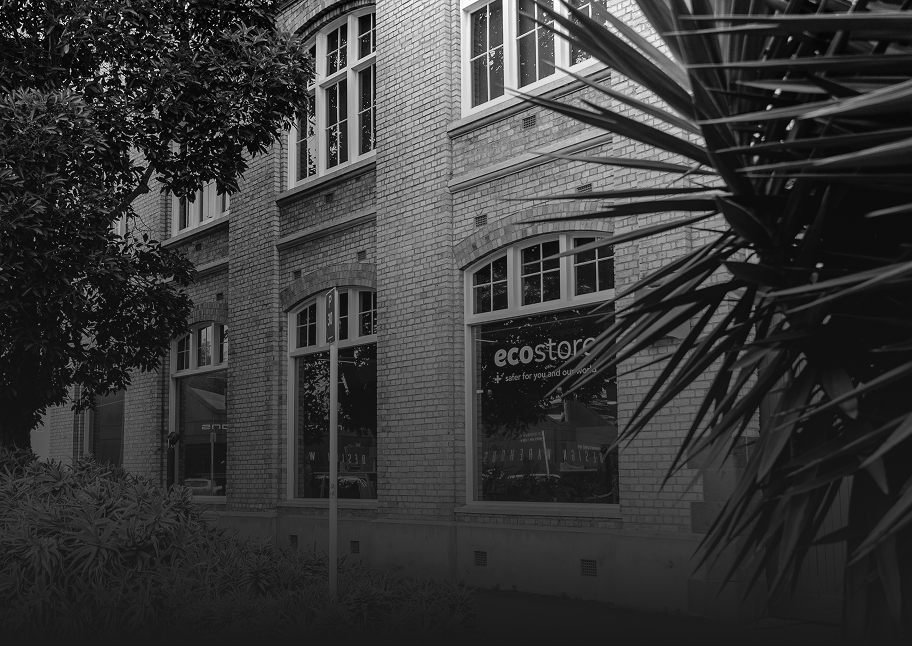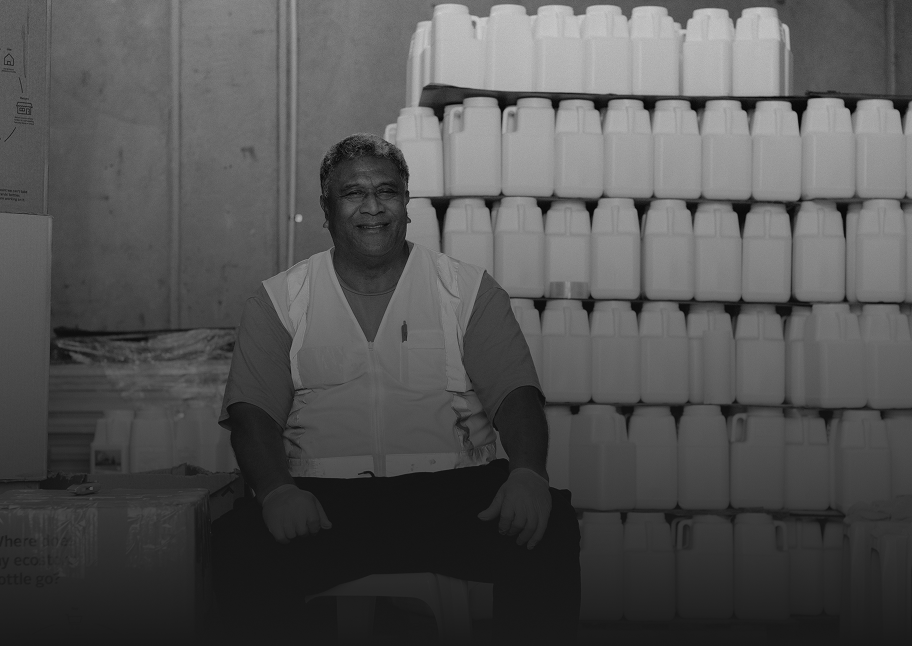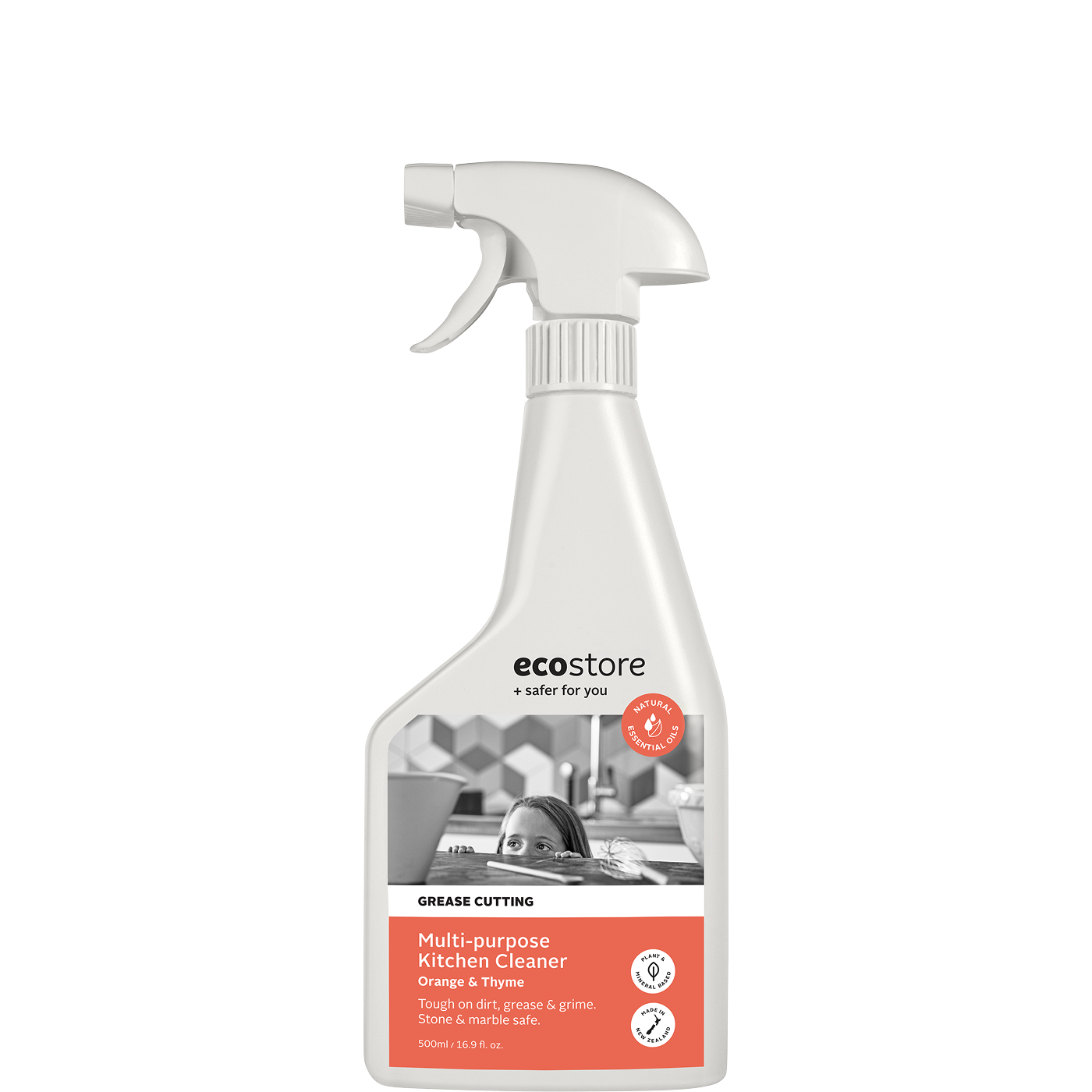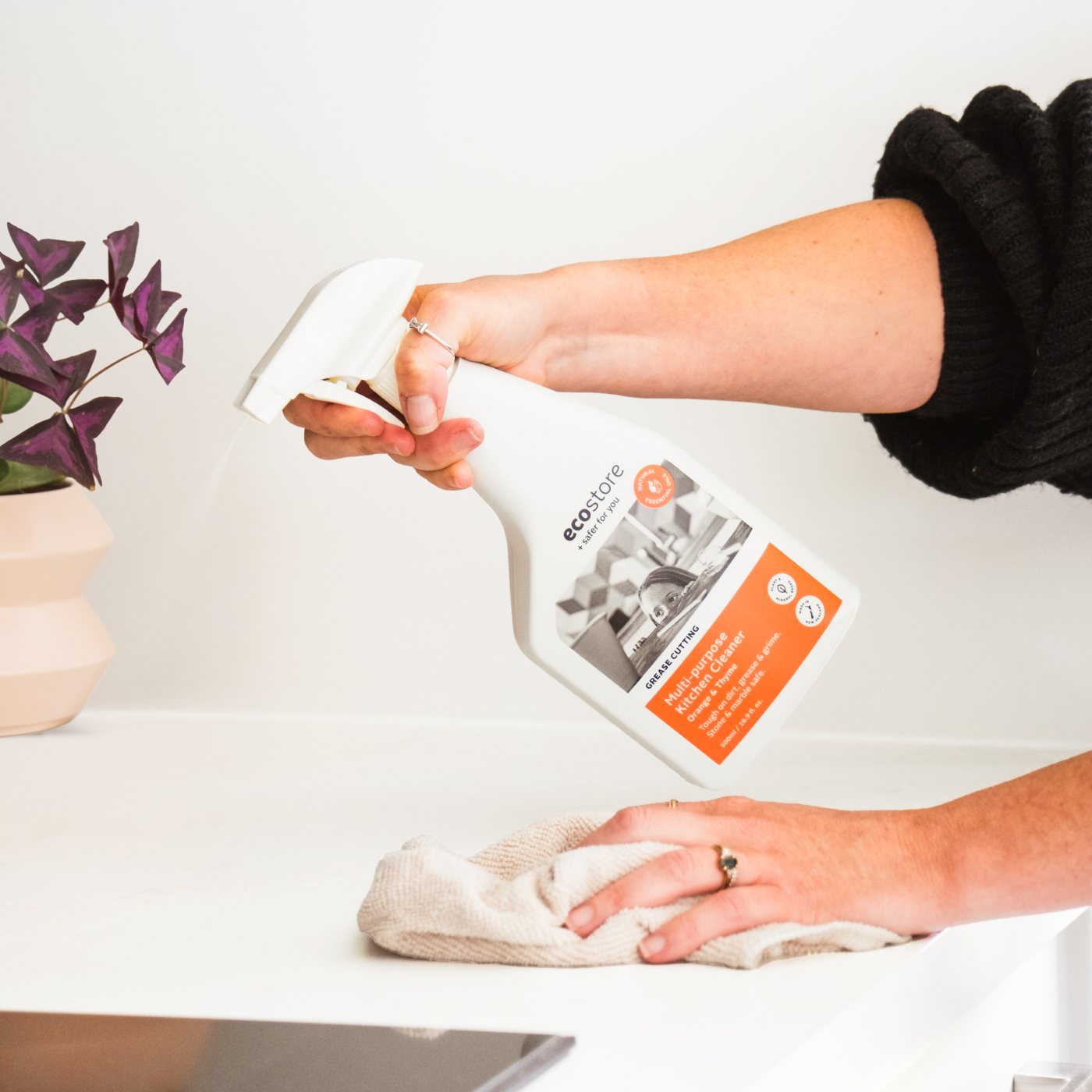Does the term ‘zero waste shopping’ conjure up images of a life spent eating solely dried pulses and nuts? For anyone who’s not an Instagram influencer who’s elevated the virtue of the perfect waste-free pantry to an art form, never fear – there are plenty of ways to reduce your waste while grocery shopping.
Choose your packaging wisely
If you’re buying packaged food, look for paper, glass, metal or readily recyclable plastic. Non-waxed or laminated paper and cardboard are readily recyclable, and non-glossy types can often be placed in your compost or worm farm. So if you don't have access to bulk or loose items, go for products in cardboard or paper.
Look for items packaged in glass too. While glass is recyclable, it’s also reusable, especially if you hang onto the lids. And if you’re time poor or don’t have bulk options nearby, tinned beans and chickpeas are a very nutritious and versatile ‘fast food’.
Give single serves a swerve
This one seems like a no-brainer for avoiding waste. But it’s easy to accidentally pick up a bag or box that’s filled with individually wrapped sweets, tiny chip packets, or single serves of miso soup. Carefully read the outer packaging if you’re not sure. You may want to listen out for extra packaging when you pick up the outer pack too. And if you do open a box of tea bags at home to find each one sealed in its own little sachets, give yourself a break. Simply take it off your next shopping list next time.
Buy big or go home
Whether you’re shopping for TP or tea bags, the theory is the same. If it works with your budget and home storage space, it makes sense to buy the biggest amount/largest container of non-perishable items in one go. Not only are you getting proportionately less packaging, this method usually works out to be better value too. Plus, you won’t need to restock as often, potentially avoiding extra trips to the supermarket. (Hooray, more free time!) This works best for items you use all the time, like laundry liquid, body wash, or cooking oil, as well as staple dry foods – rice, sugar, oats and nuts.
Unleash the incredible bulk
If you’ve always fancied yourself having the kind of artful wholefood filled pantry that’s both sustainable and ‘grammable, now’s the perfect time to give it a go. There’s an increasing number of options for bulk shopping and refilling. Bulk shopping can mean you don’t have to fill your pantry at the expense of emptying your wallet when you want to choose organic too. And while you can kit yourself out with those cute Weck or Mason jars, you could just start saving the jars and lids of food you’ve already eaten. Make sure those jars are super clean and dry before refilling.
Tip: Remove sticky labels by soaking jars in warm soapy water. To get rid of the sticky residue, mix equal parts vegetable oil and baking soda and apply with a soft rag, then wash again.
The four tricks to great bulk food shopping
Make it easy. Ask neighbours or search online to find a good bulk shop near you, so bulk shopping becomes an easy habit, not a 10km trek.
Make a list. A quick pantry audit will let you know what’s almost out. You’ll make up for the time you spend doing this by flying through your shop, because you’ll get only what you need.
Have a kit. Some bulk food stores have a ‘jar library’– a lifesaver when you’ve left your own at home. But all will encourage you to bring your own jars, containers and reusable bags. Again though, if you forget you’ll be able to use their paper bags or buy reusable containers. Keeping your jars, bags and a Sharpie (for writing weights and product names/numbers on jars) together make for much less faffing about come shopping day.
Weigh your containers. If you BYO jars, you will need to ask the shop assistant to weigh them so you know their tare (empty) weight before you fill them, so you’re not paying for jar as well as product. Using jars/containers that are all same weight will save you both time at checkout too.
Tip: If you live in New Zealand, you can refill heaps of your favourite ecostore liquid products across our home and body ranges at more than 60 refill stations in green stores and supermarkets around the country.
BYO bags (and maybe jars)
Some supermarket deli, seafood and butchery departments are now letting customers bring their own containers, to avoid having their items wrapped in plastic or put in non-recyclable containers. Next time you shop, bring clean containers with well-fitted lids and ask at the counter. (Side note: yoghurt, butter and ice cream containers, and lidded deli pots with recycling number 5 may not be recyclable in your kerbside collection. Check your local council website to make sure.) In the produce aisle, look for unwrapped fruit and veges (not always easy) and pop multiples in mesh bags or even reuse clean plastic bags. Farmer's markets could be a better source of packaging free produce, if there’s one running near you on your shopping day. While most of us are in the habit of bringing our reusable shopping bags, it’s a nice idea to bring a couple of extras you’re not attached to, so you can help a forgetful fellow shopper out. After all, what goes around comes around.
Read more

No space or equipment? Want to work out? No problem! In fact, this is an absolute favourite of mine – I love working out using just my own body weight for resistance and conditioning. And the small...

No space or equipment? Want to work out? No problem! In fact, this is an absolute favourite of mine – I love working out using just my own body weight for resistance and conditioning. And the small...

